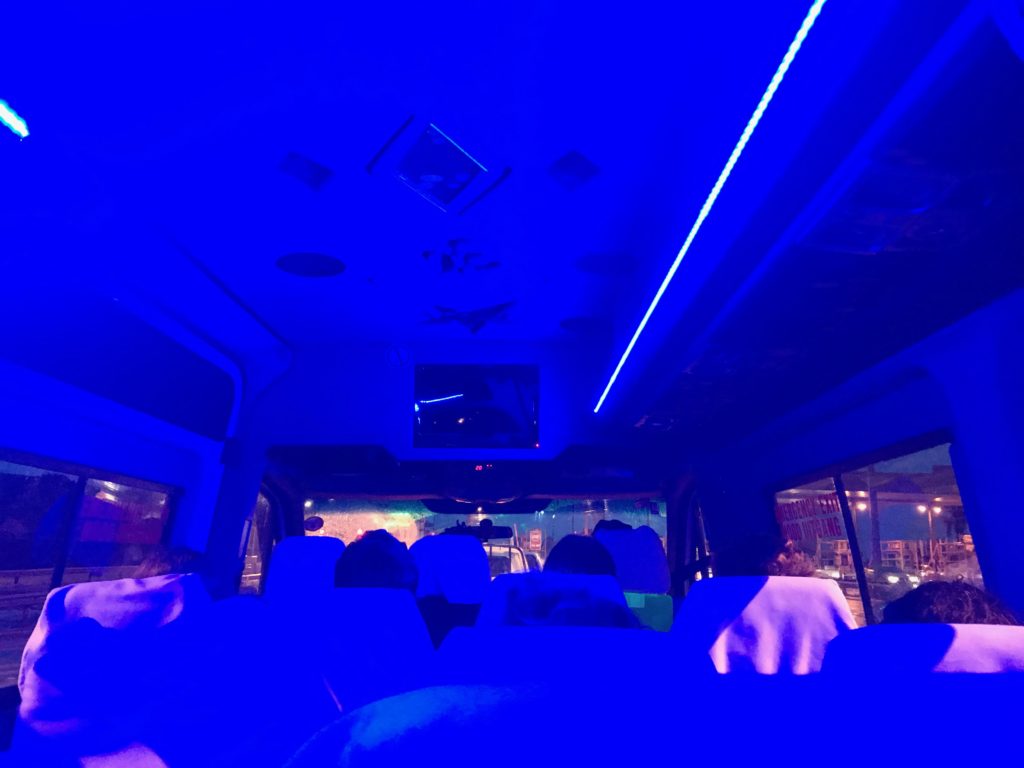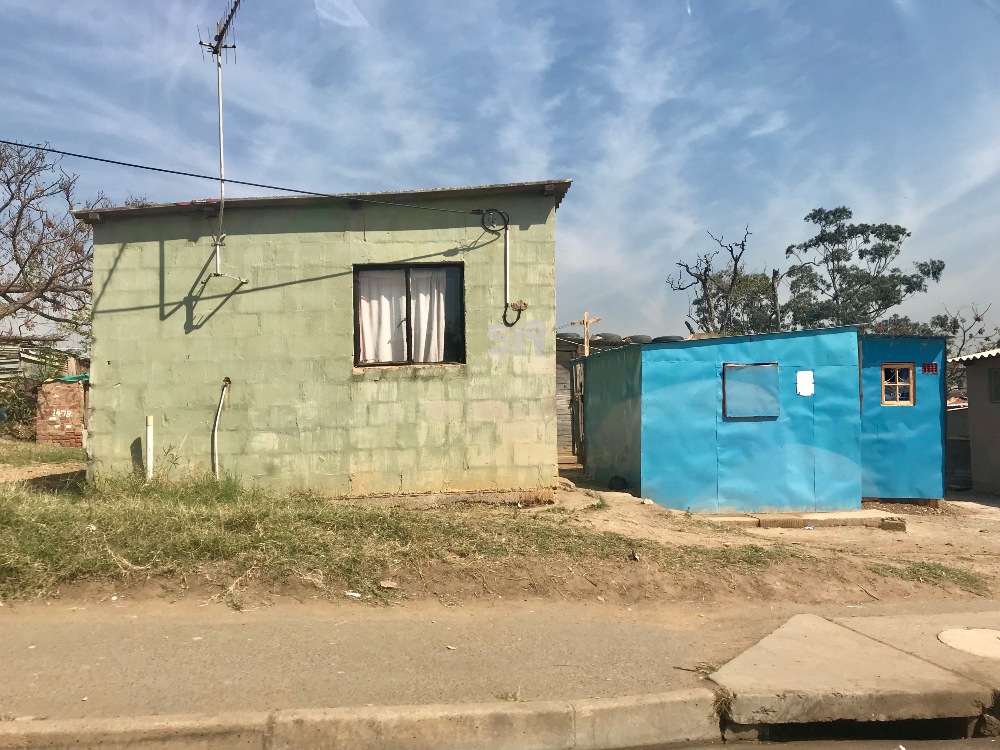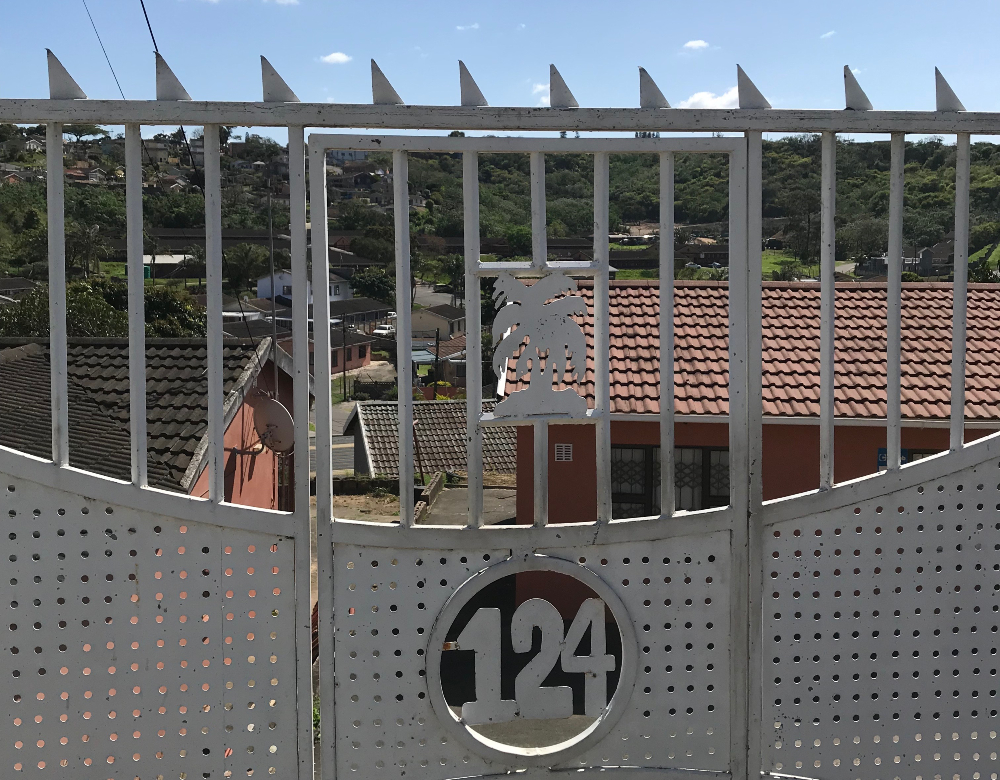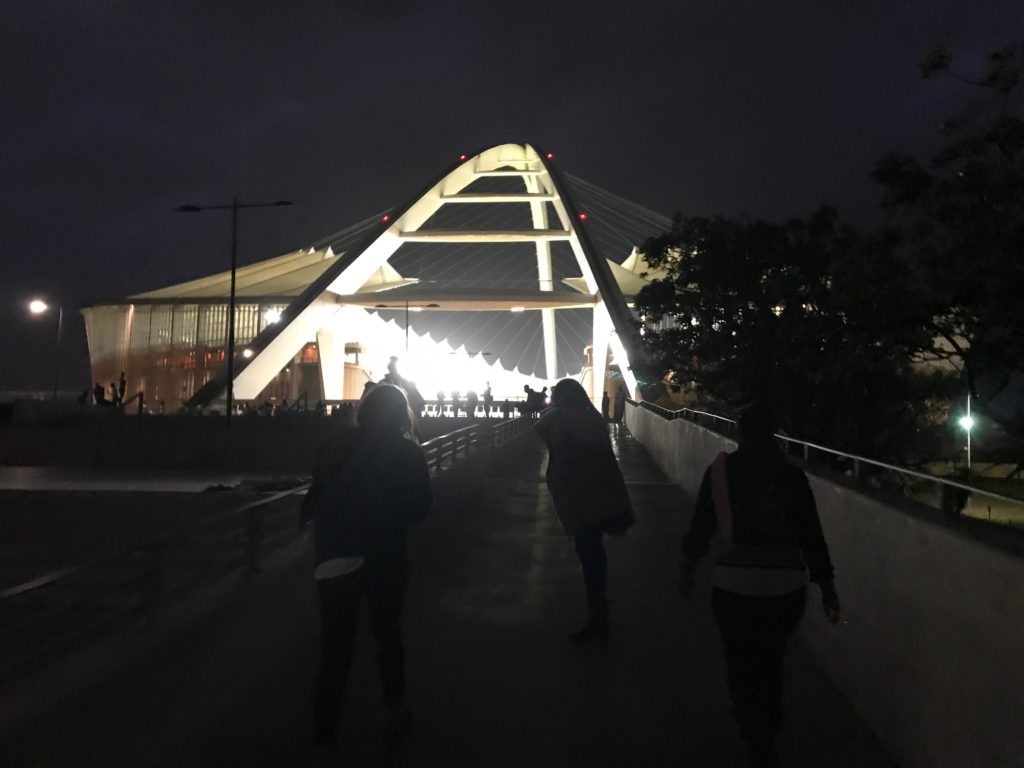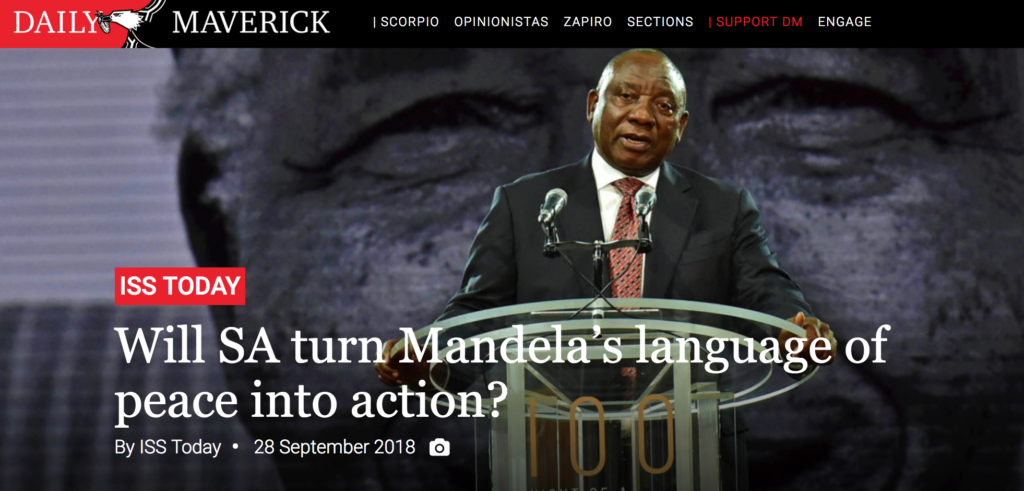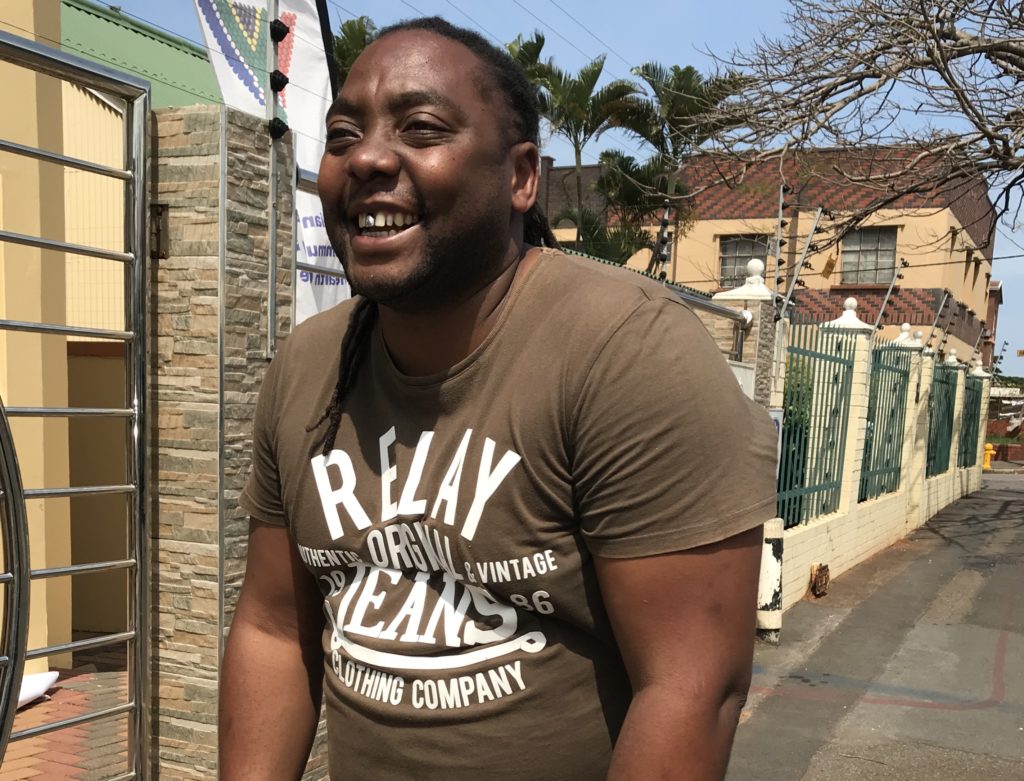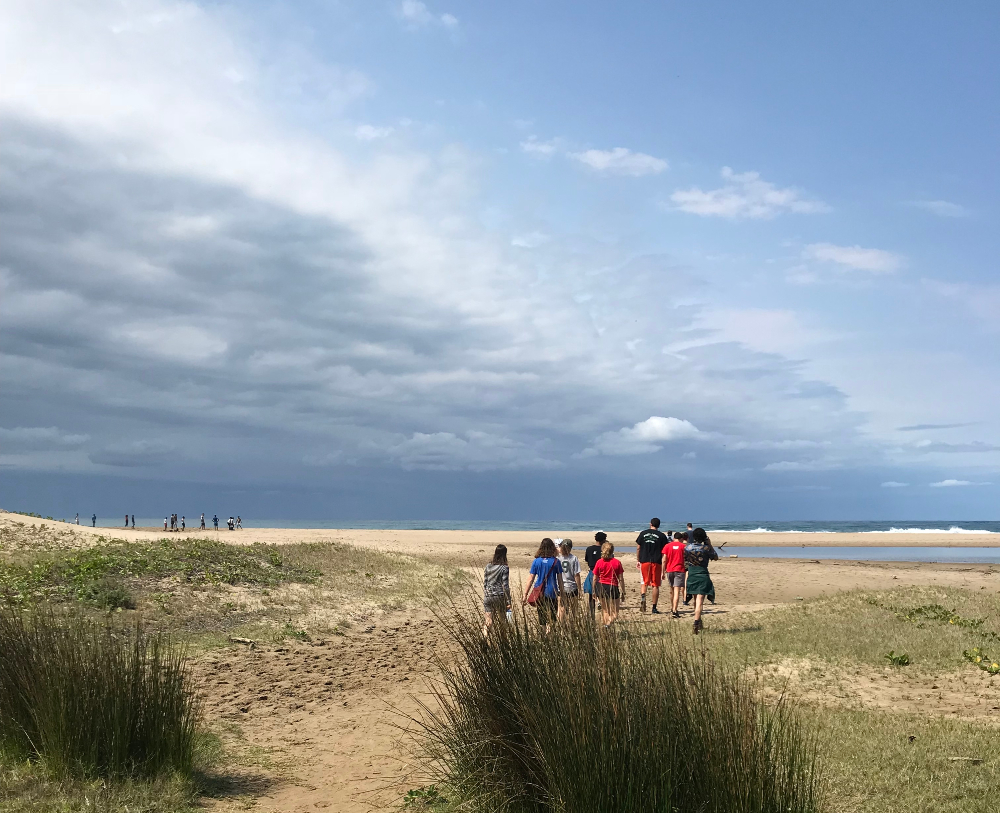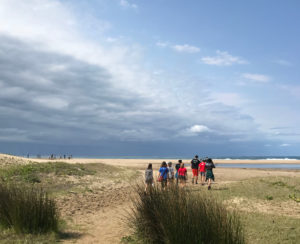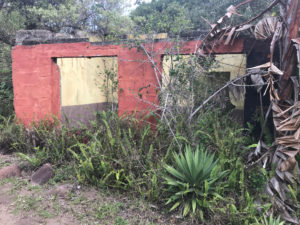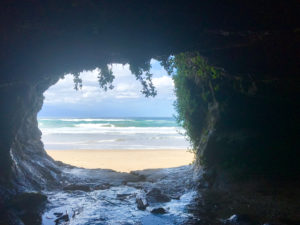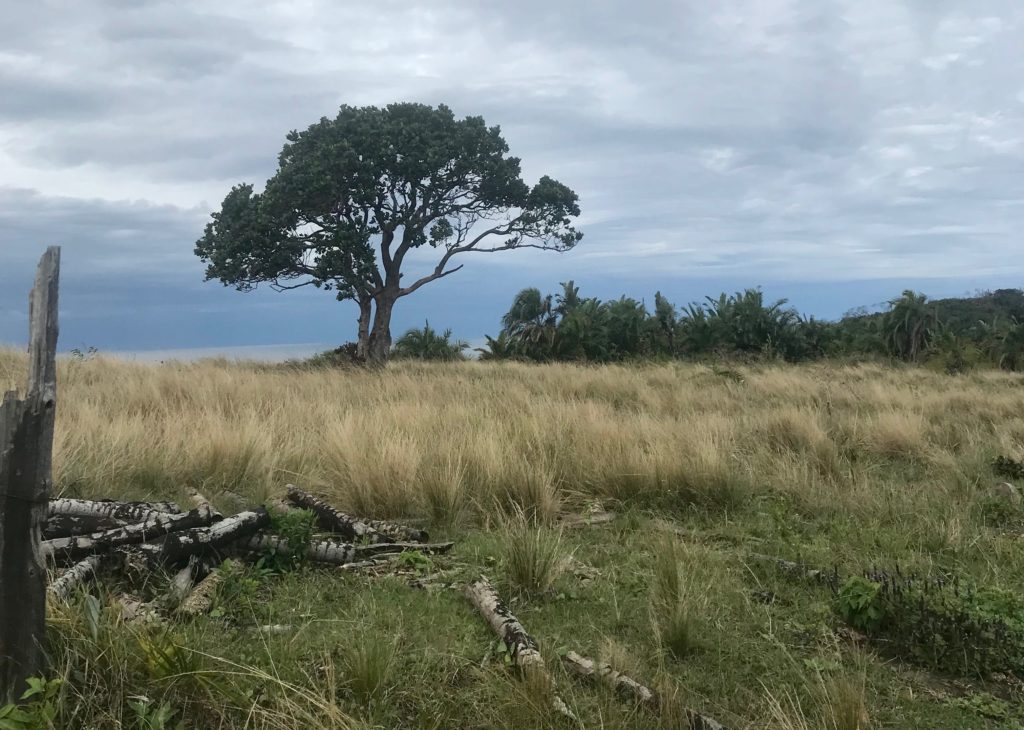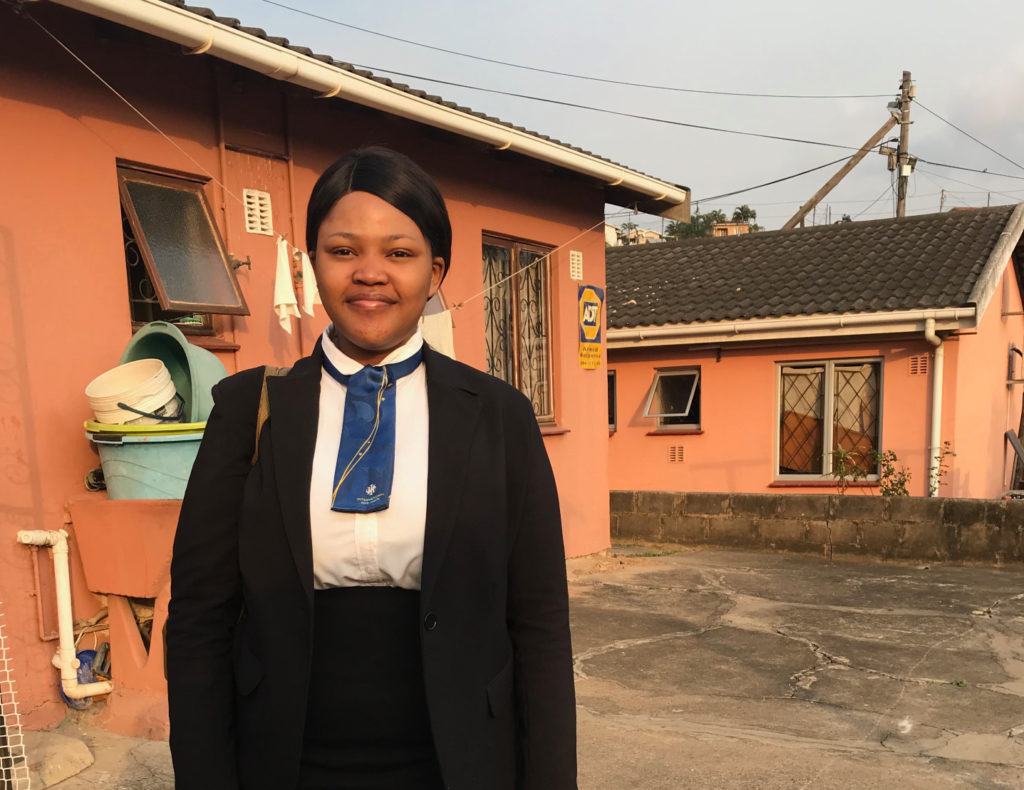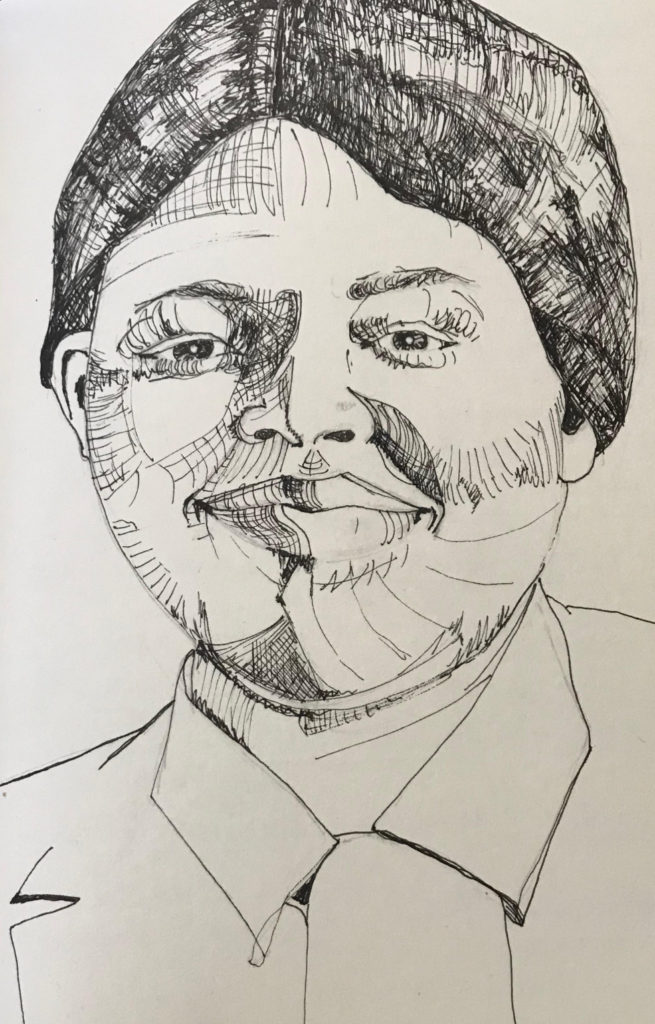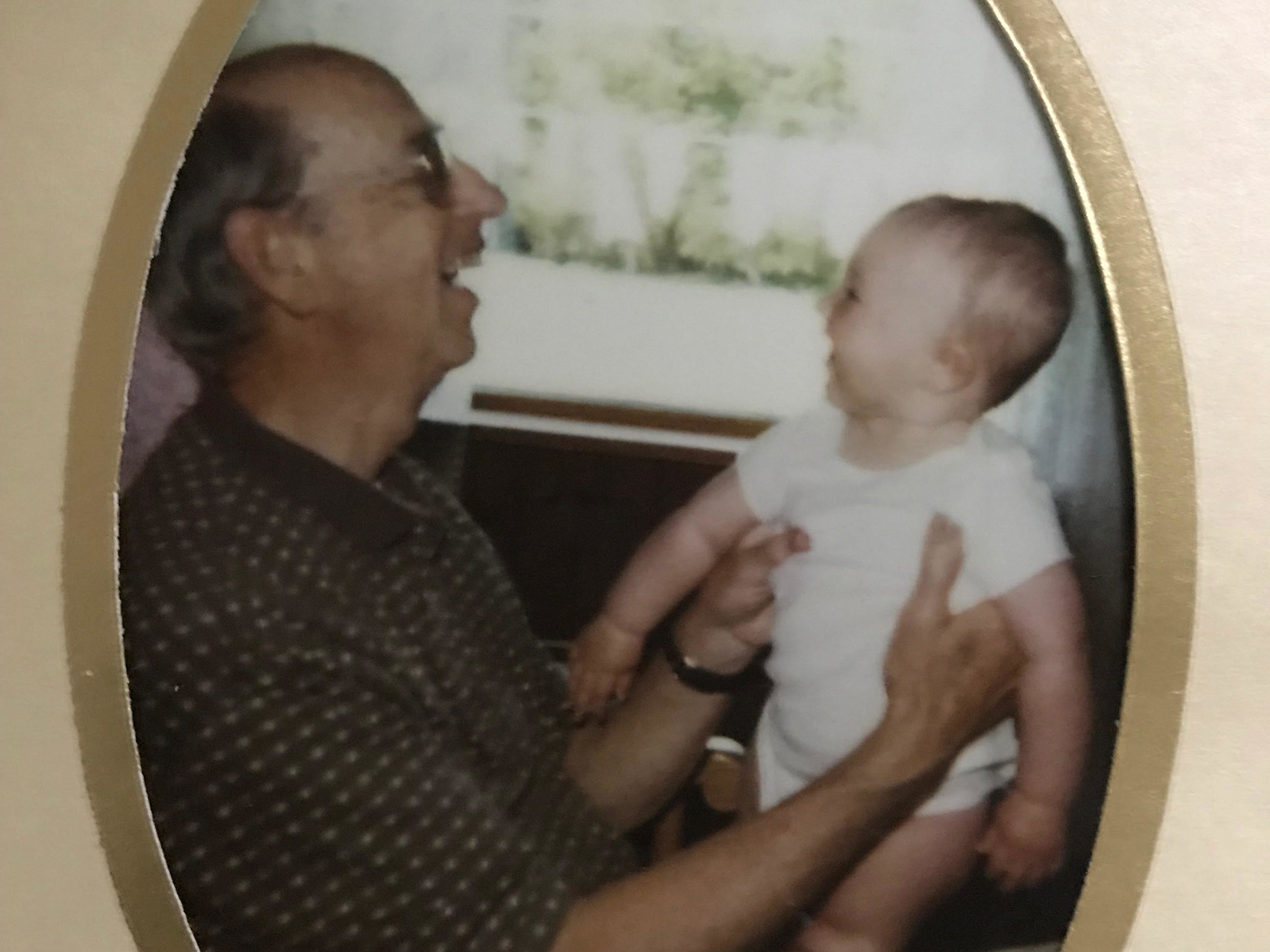It’s usually the passenger whose trip takes priority. But what about the person behind the wheel? Fifty-one-year-old Virash “V” Tiloki has been driving international visitors in South Africa for thirty-three years, and he’s had quite a journey.
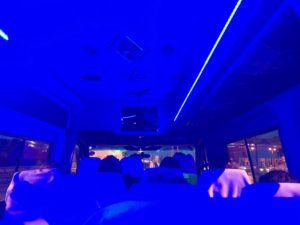
“I was born in Durban to a family of two brothers and a sister. My dad passed away at an early age. We grew up in a poor suburb called Chatsworth,” Tiloki says.
Going to school didn’t come easily. “I never really enjoyed school much back then.”
Tiloki attributes this to being the youngest in the family—kids would bully and poke fun at him in the schoolyard.
After dropping out of school, he says, he started working as a shoe salesman “at R5 a day”. But privately, Tiloki had plans in the works.
“I said to myself, I’m going to achieve every single dream of mine and prove everybody wrong.
“I could show them that without education, if you put your mind, you put your heart and soul into anything, into a dream… (that dream will come true).
“Driving has become my passion.”
Tiloki puts his other hand on the wheel, “You know, I’ve only read one book in my entire life.”
But his lack of formal literacy hasn’t steered him away from learning.
“My passengers are my teachers. I’m passionate about learning. I want to learn about anything and everything that comes my way.”
As a boy, Tiloki wanted to learn to how to read and play music in the footsteps of his father, who died when he was just 8.
However, the local music teacher turned him away because he didn’t have an instrument. His family was too poor to afford one.
But driving musicians on tour in Durban has given him a taste of the music scene his father introduced him.
“I ended up meeting all of my favorite singers from India. I met every great Indian artist and got to interview them personally.”
Then he tells another story about how his love for space travel unexpectedly rocketed into his backseat.
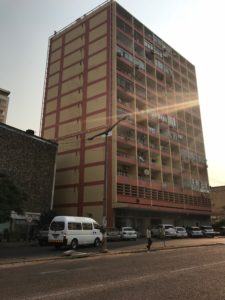
In 2004, he drove one of the Columbia Space Shuttle commanders for a week but conversation never led to revealing his identity. One night, the man pointed out Mars to Tiloki from the car window. He wondered why his passenger would mention such a trivial fact.
When the visitor forgot an important parcel that Tiloki was able to return to him, Tiloki discovered the man was as an astronaut.
And soon after the man returned to the US, Tiloki received a letter in the mail.
It read, “To V, thank you for returning my present. If you ever come to Cape Canaveral, the tour’s on me.”
“I got the shock of my life,” he says.
Moments like these are what makes this Durban driver happy to be on the road.




